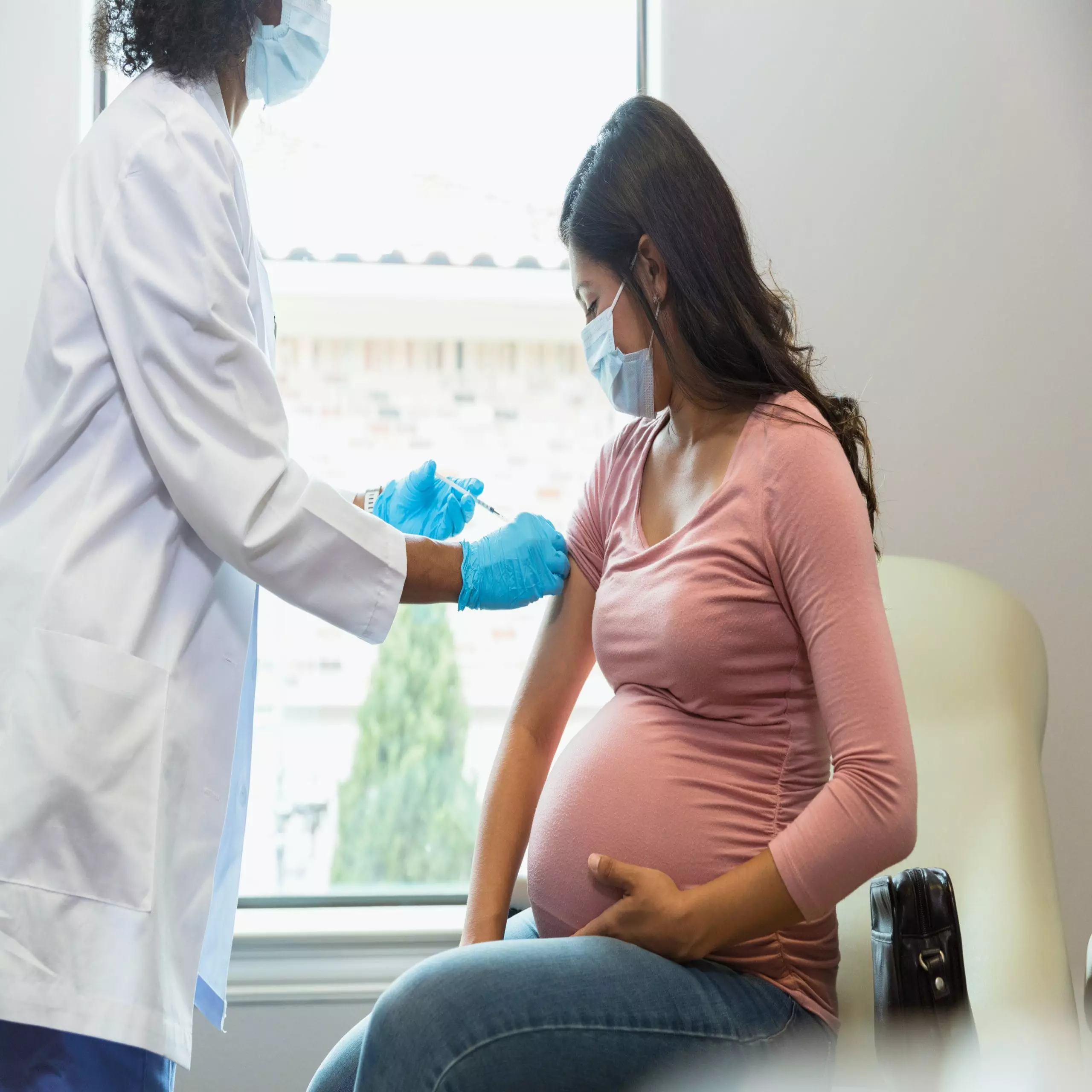As we continue to navigate the challenges posed by the COVID-19 pandemic, regaining a sense of normalcy is paramount. For pregnant women, one of the most crucial steps toward achieving this is through vaccination. The COVID-19 vaccines, deemed safe and effective for individuals as young as six months, provide significant protection. These vaccines are readily available and free for all residents of the United States. Expecting mothers can easily locate a nearby vaccination site using platforms such as vaccines.gov. The urgency of vaccination increases when considering that pregnant women are classified in high-risk categories for severe COVID-19 illness.
Pregnancy places women in a unique and vulnerable position regarding COVID-19 exposure. As such, receiving the vaccine not only safeguards the mother but also establishes a defense for the developing fetus. This is particularly critical, given the current absence of a vaccine specifically designed for infants under six months. Furthermore, ongoing health recommendations by reputable organizations like the Centers for Disease Control and Prevention (CDC) and The American College of Obstetricians and Gynecologists (ACOG) advocate for immediate vaccination of expectant mothers.
Research supports the efficacy of mRNA vaccines during pregnancy, yet data reveals that only about 67% of pregnant women in the U.S. have taken the initiative to get vaccinated. A pivotal study published in The Journal of the American Medical Association (JAMA) illustrates the benefits of the vaccine, indicating a significant antibody transfer from vaccinated mothers to their infants. Those infants born to vaccinated mothers exhibited lasting antibody levels six months after birth, showcasing an advantage compared to their counterparts whose mothers contracted COVID-19 without prior vaccination.
The study, conducted by Massachusetts General Hospital (MGH), involved an examination of women who received two doses of the mRNA vaccine, revealing notable differences in antibody levels in the umbilical cord blood of vaccinated mothers. The findings were particularly striking: 98% of infants at two months showed detectable IgG antibody levels, and 57% maintained these levels even at six months. Carrying a vaccine-derived immunity into infancy significantly reduces the chances of hospitalization due to COVID-19, as supported by additional CDC findings.
However, when mothers receive their vaccinations plays a pivotal role in the level of antibody transfer. Research indicates that vaccinations administered during the early third trimester can yield marginally higher antibody levels, both for the mother and the newborn. It’s essential for expectant mothers to receive full vaccinations at some point during their pregnancy to maximize antibody production. If a mother plans to receive a booster shot, timing it between the 20th and 32nd week of pregnancy is considered optimal for antibody transfer.
Compelling evidence emerges from studies suggesting that the timing of vaccination significantly affects antibody levels. For instance, a 2021 study that surveyed 1,359 vaccinated pregnant women pointed out that those vaccinated in the early third trimester reaped the highest benefits in terms of antibody levels. While even a single dose prior to delivery provides protection, those receiving dual doses—as soon as they are able—are best positioned to support their infants’ future health.
Importantly, mothers who have recovered from prior COVID-19 infections also show favorable antibody responses post-vaccination. This previous exposure, coupled with vaccination during early pregnancy, resulted in antibody levels that were competitive with those seen in uninfected women who were vaccinated at more advanced stages of pregnancy. The research also highlighted that boosters received in the third trimester produced the highest antibody concentrations among study participants.
The evidence clearly illustrates that pregnant women bear a heightened risk for severe COVID-19 complications. With the ongoing delay in vaccine development for infants, the data presented should serve as a strong motivator for mothers to prioritize their vaccinations, including booster doses during pregnancy. By doing so, they do not just protect themselves but also empower their infants with essential defenses against COVID-19.
Future maternal health undoubtedly benefits from proactive measures today. It is crucial for pregnant women to consult healthcare providers and remain informed about vaccination options to achieve the best health outcomes for both themselves and their babies. In this rapidly evolving landscape, knowledge and action can save lives and foster healthier communities.

